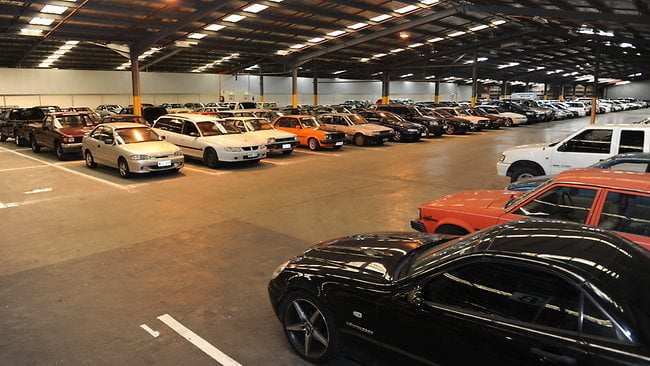Recently there have been several stories in the news that have highlighted how many vehicles are being seized by Police in the UK. In this article, we’re going to look at the circumstances that could lead to having your vehicle confiscated.
There are legislations in place that give certain specially trained police officers the authority to confiscate vehicles under specific circumstances. These powers have been granted to the police to ensure that roads are kept safe by removing vehicles that are being used in dangerous or illegal ways.
Having your vehicle impounded by the police can be a great inconvenience but you may also face heavy financial penalties and receive motoring convictions. It’s highly likely that to arrange future cover you will have to speak to a specialist impounded car insurance company.
When the driver is not properly insured or doesn’t have the correct driver’s license
Section 165a of the Road Traffic Act 1988 gives police officers the power to seize and impound vehicles when the driver does not appear to have a valid insurance policy in place. The same section also allows officers to confiscate vehicles when there is reasonable evidence that the driver doesn’t have a license to drive that category of vehicle.
If you’re stopped by the police as part of a routine check or for committing a motoring offence and they find that you are not adequately insured, they are able to take your car from you at the roadside and have it towed or transported to a secure storage compound.
In the modern day the police don’t expect you to have your insurance documents with you, but when asked you must be able to provide reasonable evidence to them that you have a policy in place. This means providing such information as the name of your insurance provider so that they can carry out checks against their databases to verify that you have car insurance.
The same applies if the police have reason to suspect that you don’t have a driver’s license or that you’re driving a vehicle that you’re not licensed to, such as driving on a provisional license without an experienced driver to accompany you. If you can’t show the officers your license they will be able to check with the DVLA to see what type of license you have and your vehicle will be seized and impounded if you shouldn’t be driving it.
When the vehicle is being driven dangerously
If the police deem that a vehicle is being driven in a dangerous or alarming manner they can stop the driver and immediately confiscate the motor vehicle. The driver will be dealt with for the driving offences that they have committed, receiving on the spot penalties or even a court summons depending on the severity of the offence.
The punishment for motoring offences can be severe but the driver could be financially impacted for years to come; they may need to request an impounded car insurance quote from any future insurance provider.
Once the police have completed their paperwork the offender’s vehicle will be transported to the police impound by the seizing officers. The power to remove vehicles from the road under these circumstances has been granted to the police through section 59 of the Police Reform Act 2002.
When the vehicle has been abandoned, illegally or dangerously parked
Section 99 of the Road Traffic Regulation Act 1984 allows the police to remove vehicles that have been abandoned or are parked illegally or in a dangerous way.
If your vehicle has broken down and has been left causing an obstruction you may return to find that your car has been taken to the police compound so it’s vital to do what you can to leave your vehicle in a legal and safe place if this happens.
Under these regulations the police officers have the right to seize and or remove vehicles if they deem that it is necessary to do so. The legal owner of the vehicle will be subjected to charges for the removal, storage and release of the vehicle if they want to collect it from the police compound site.




